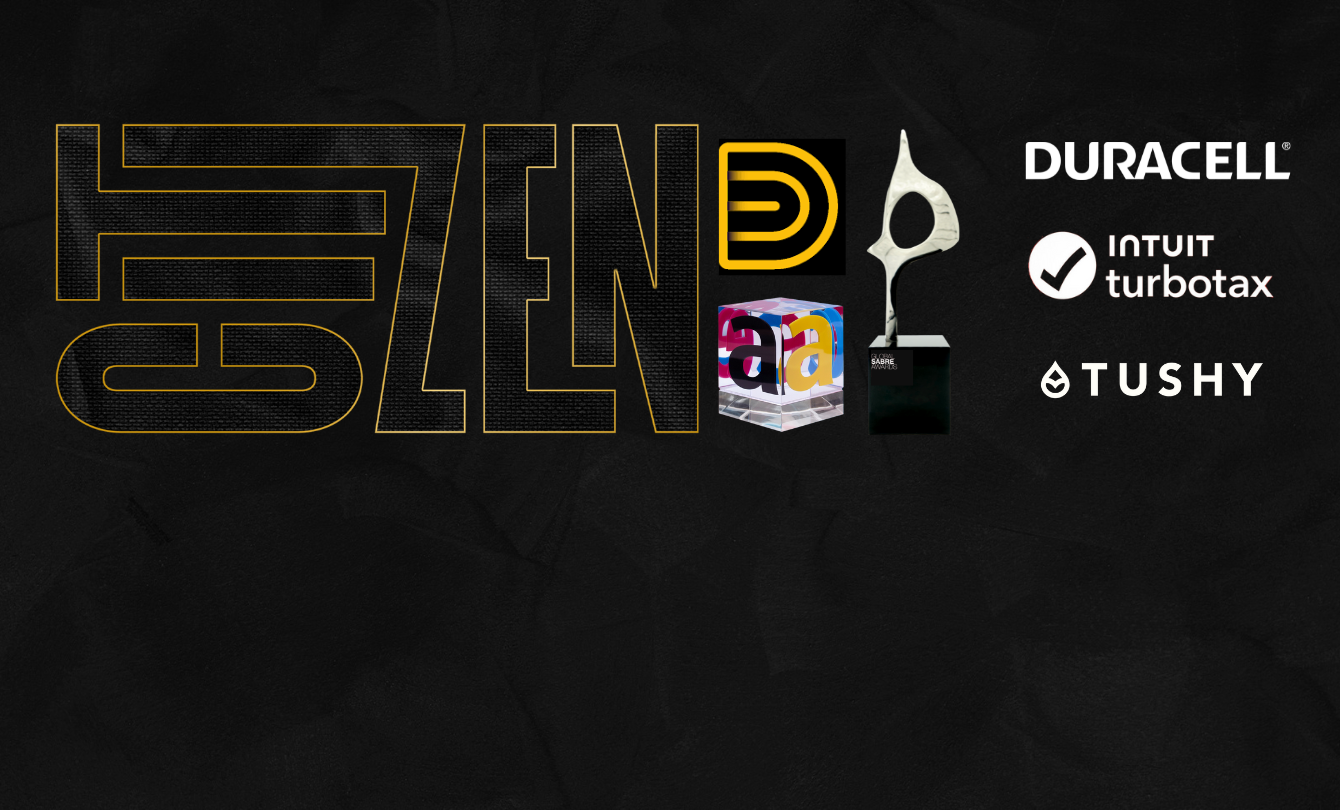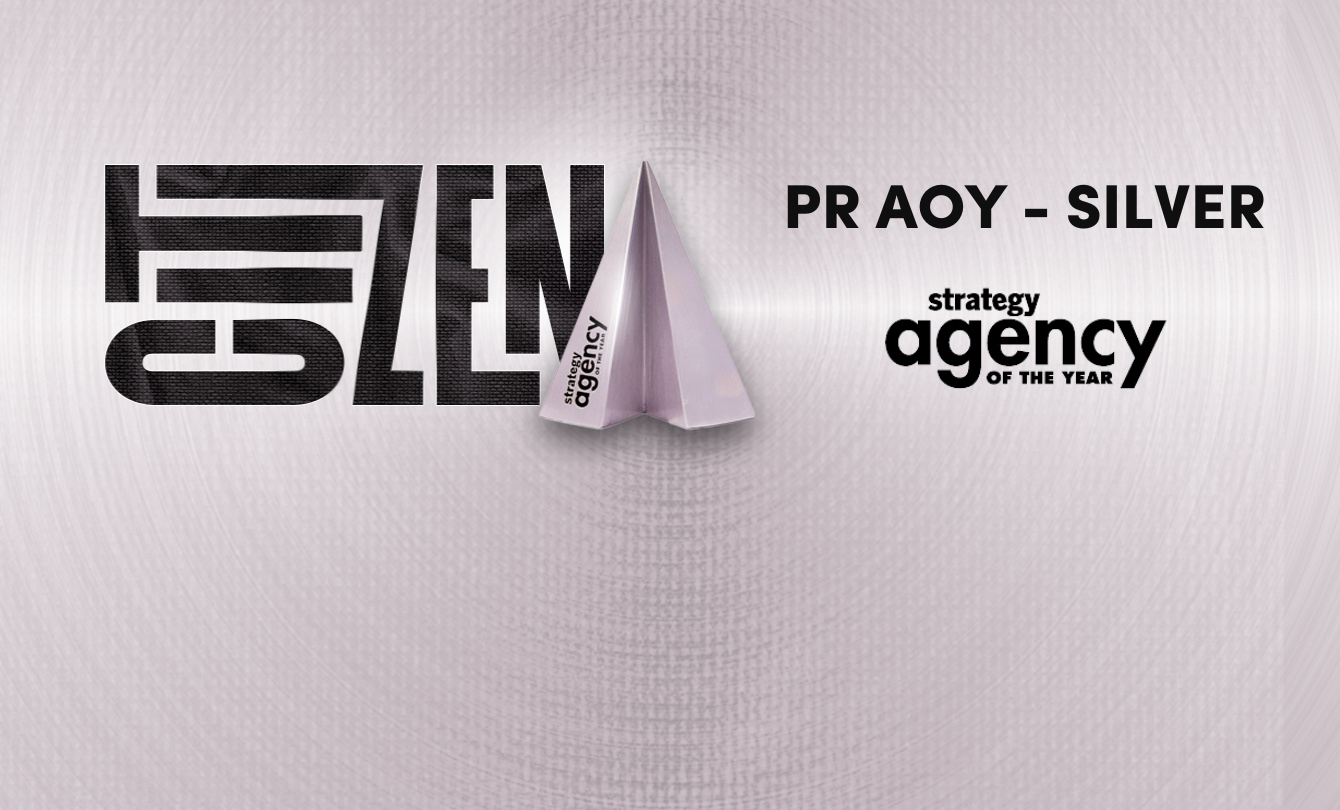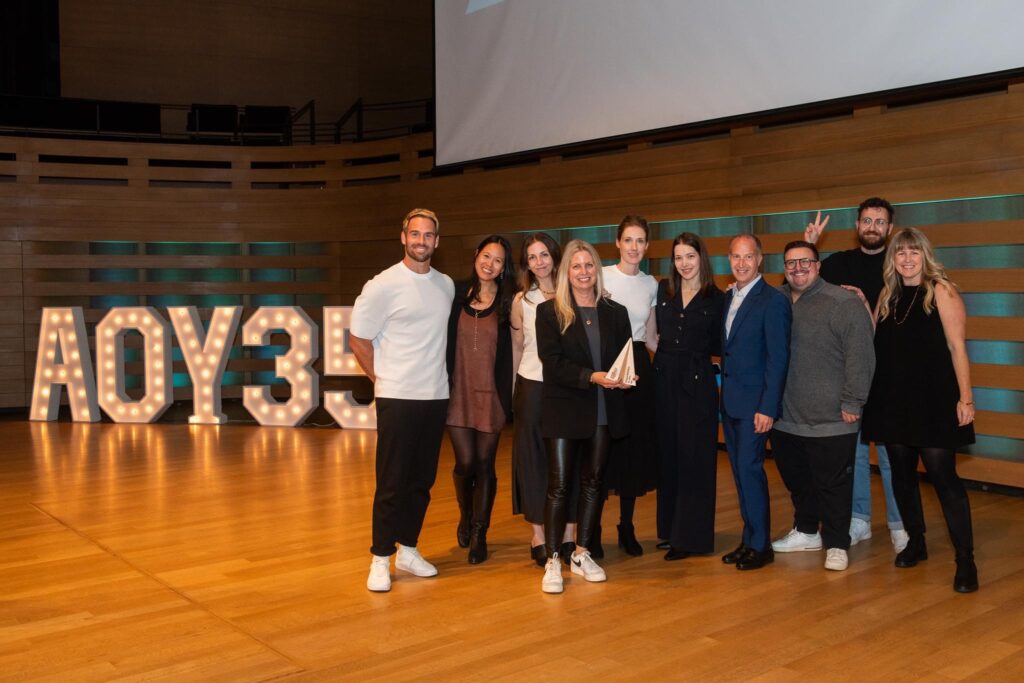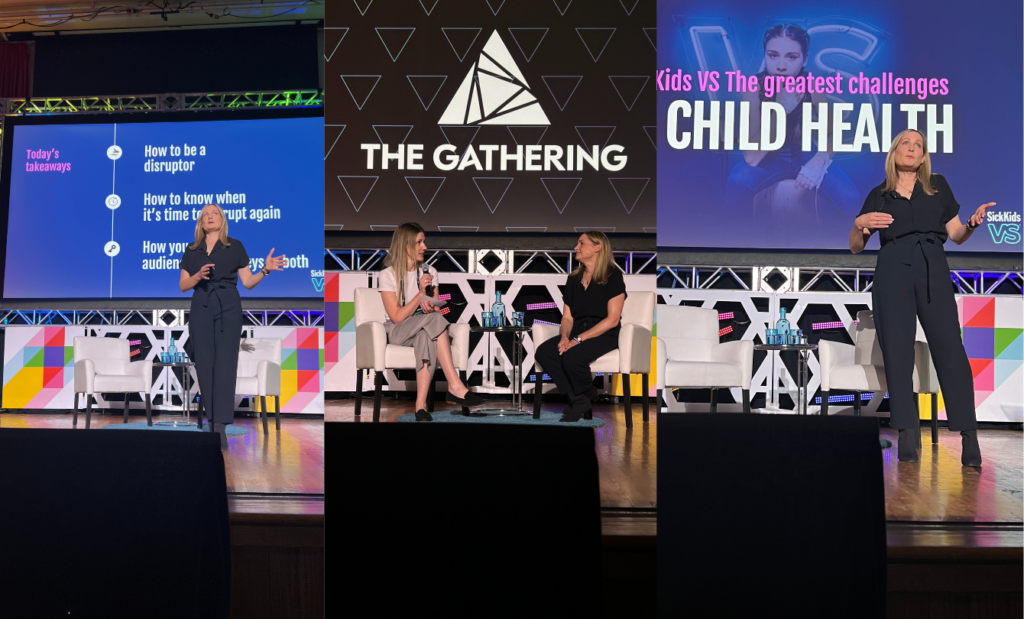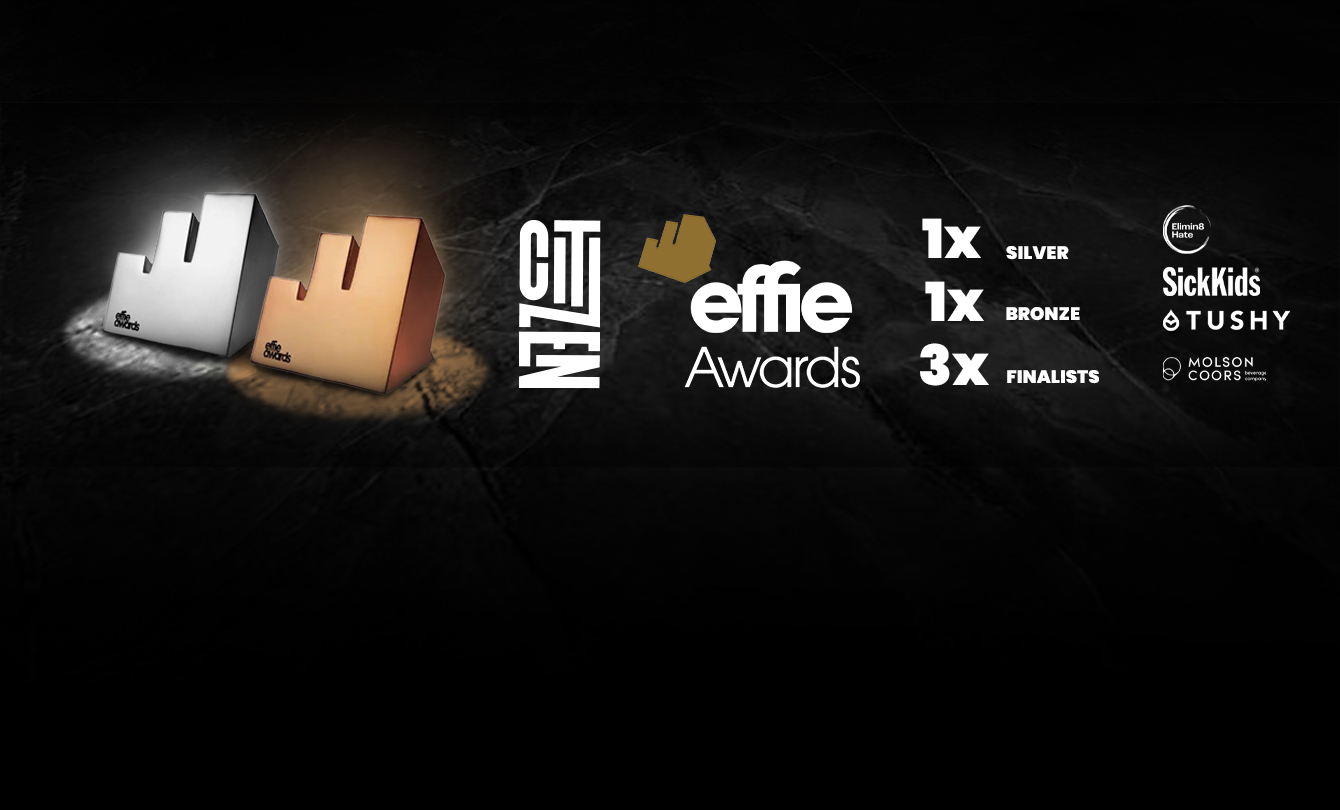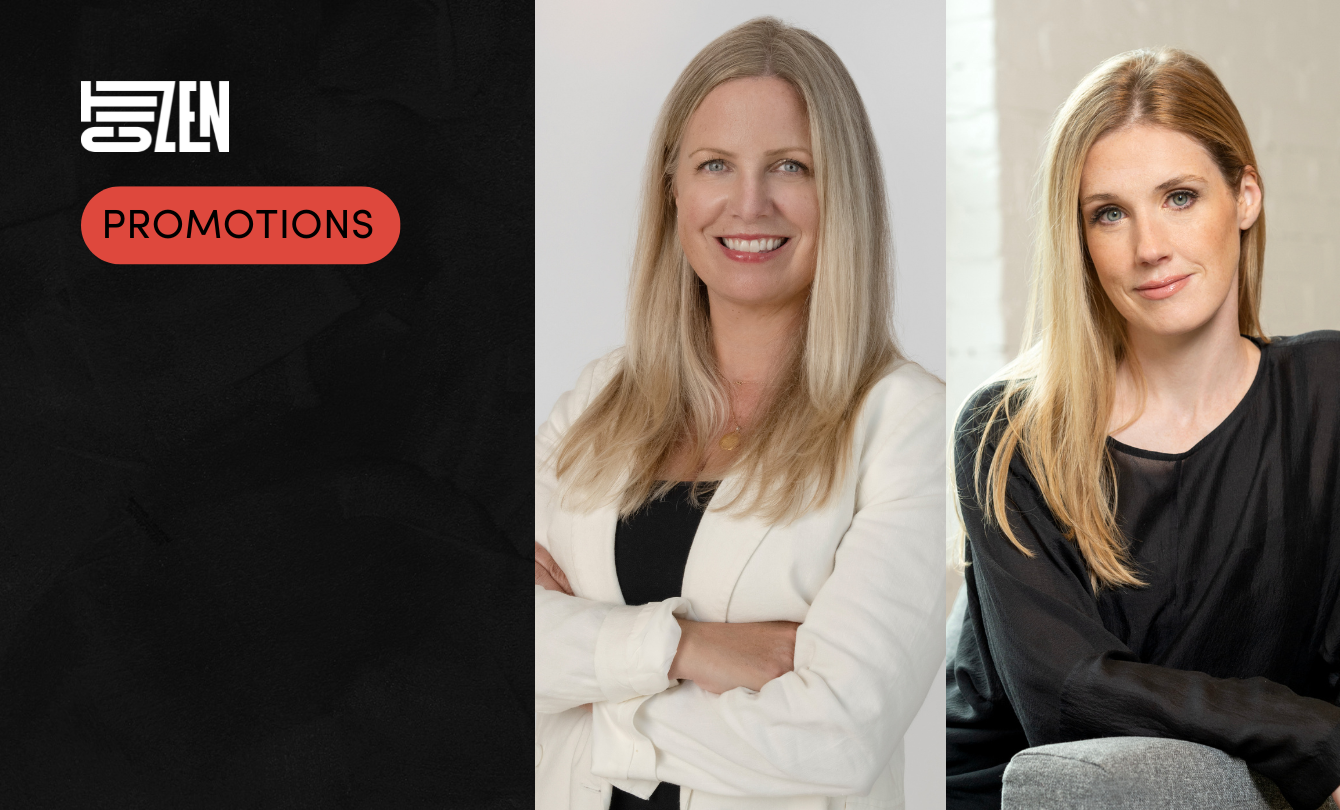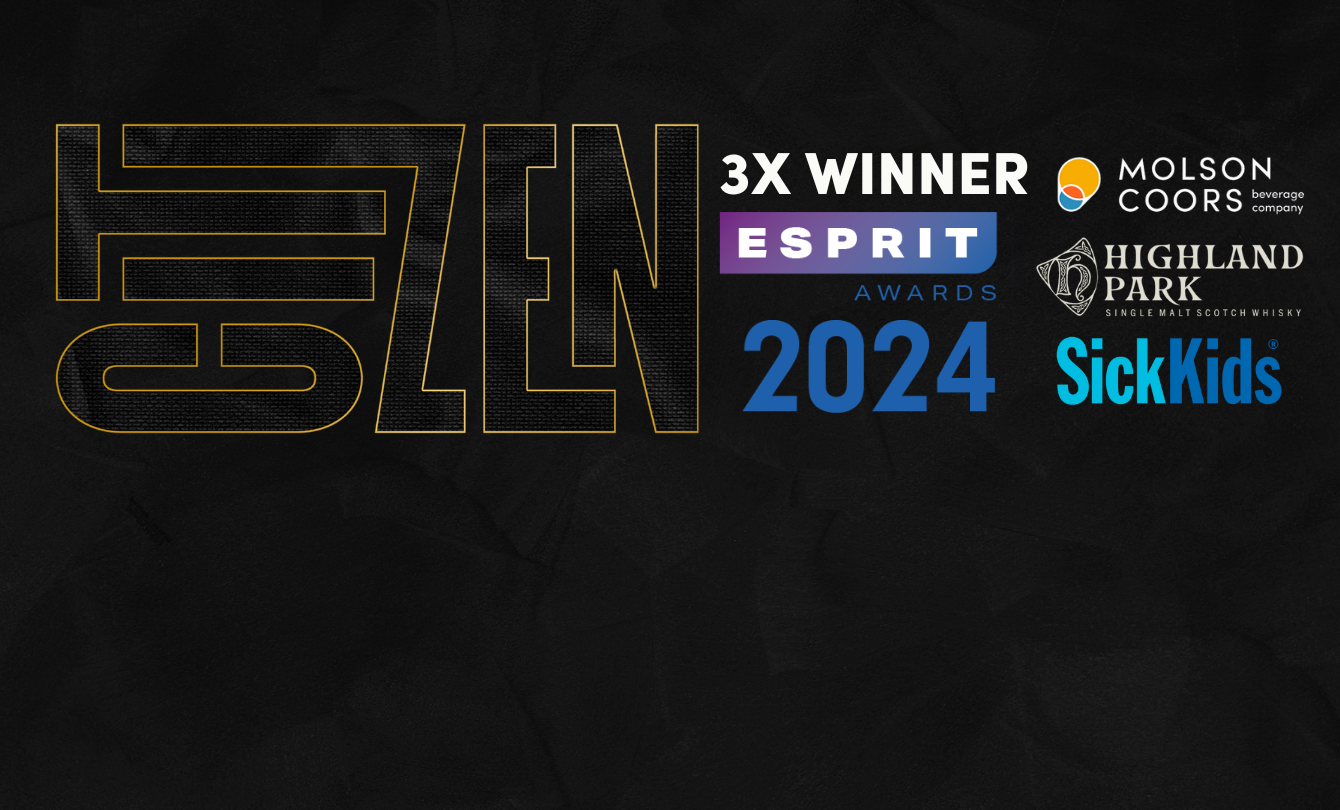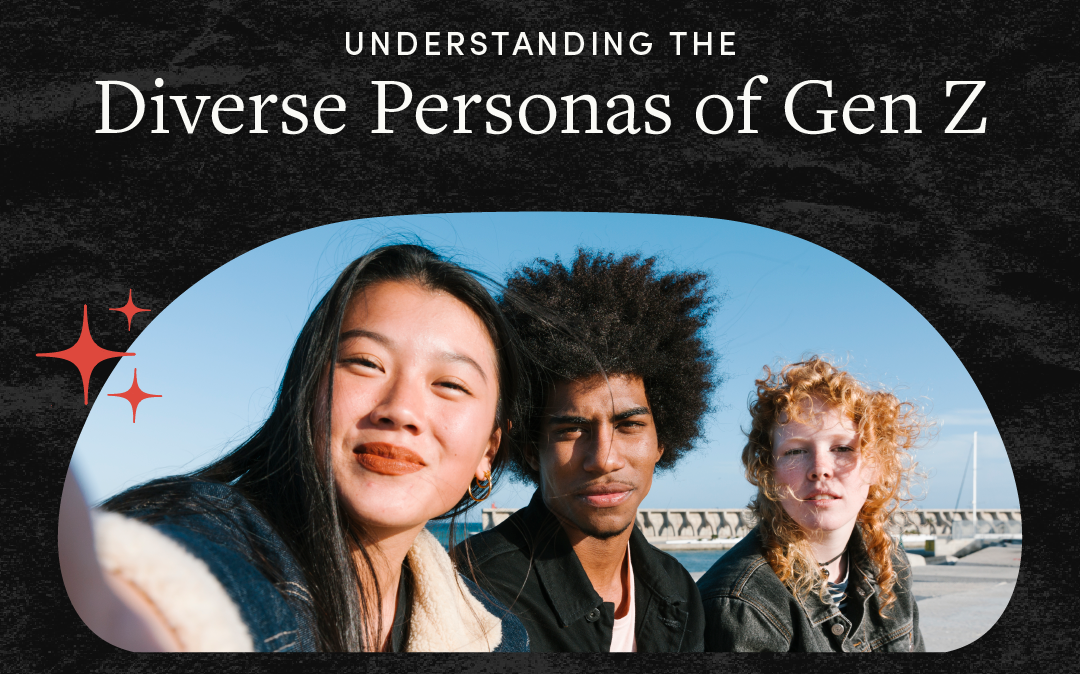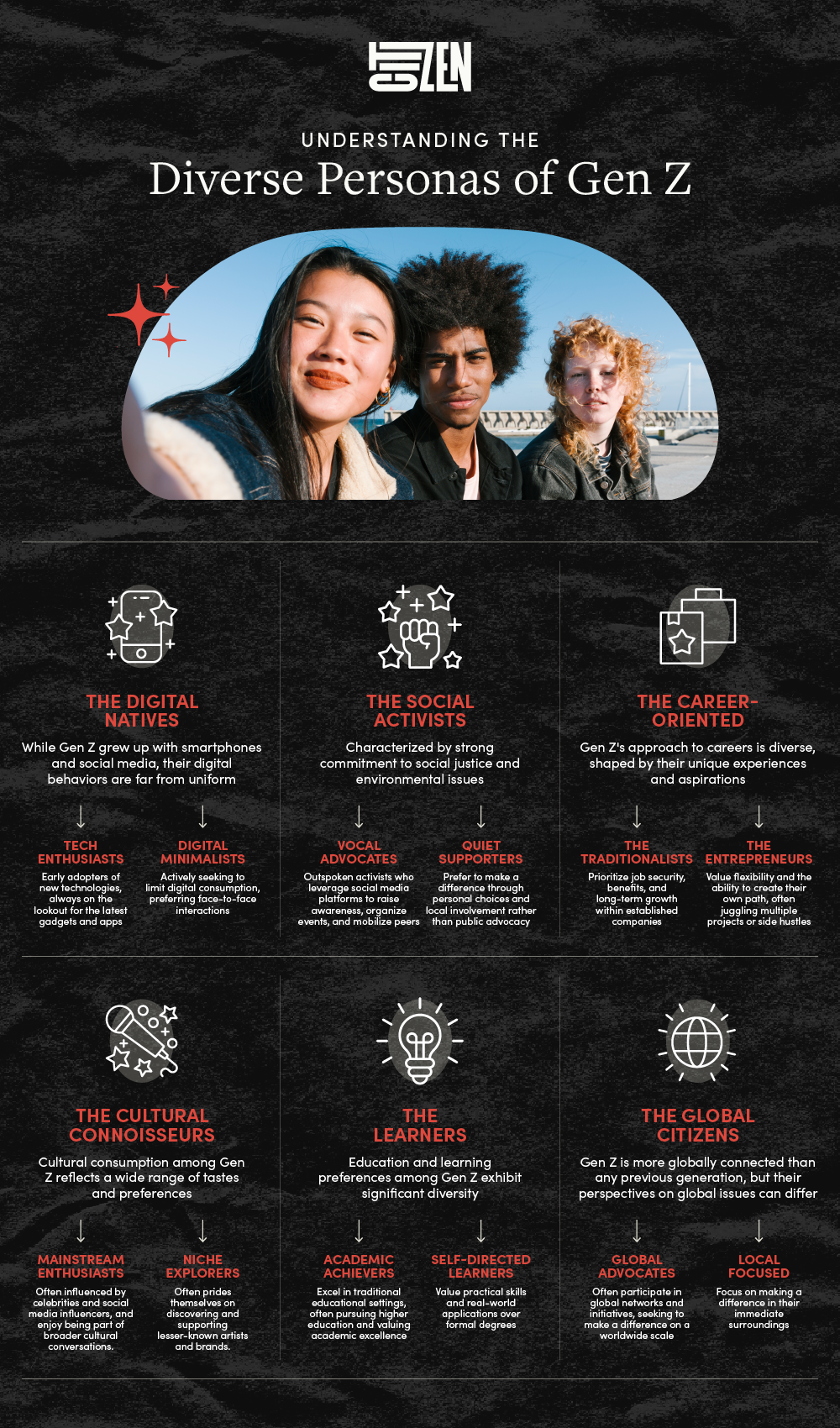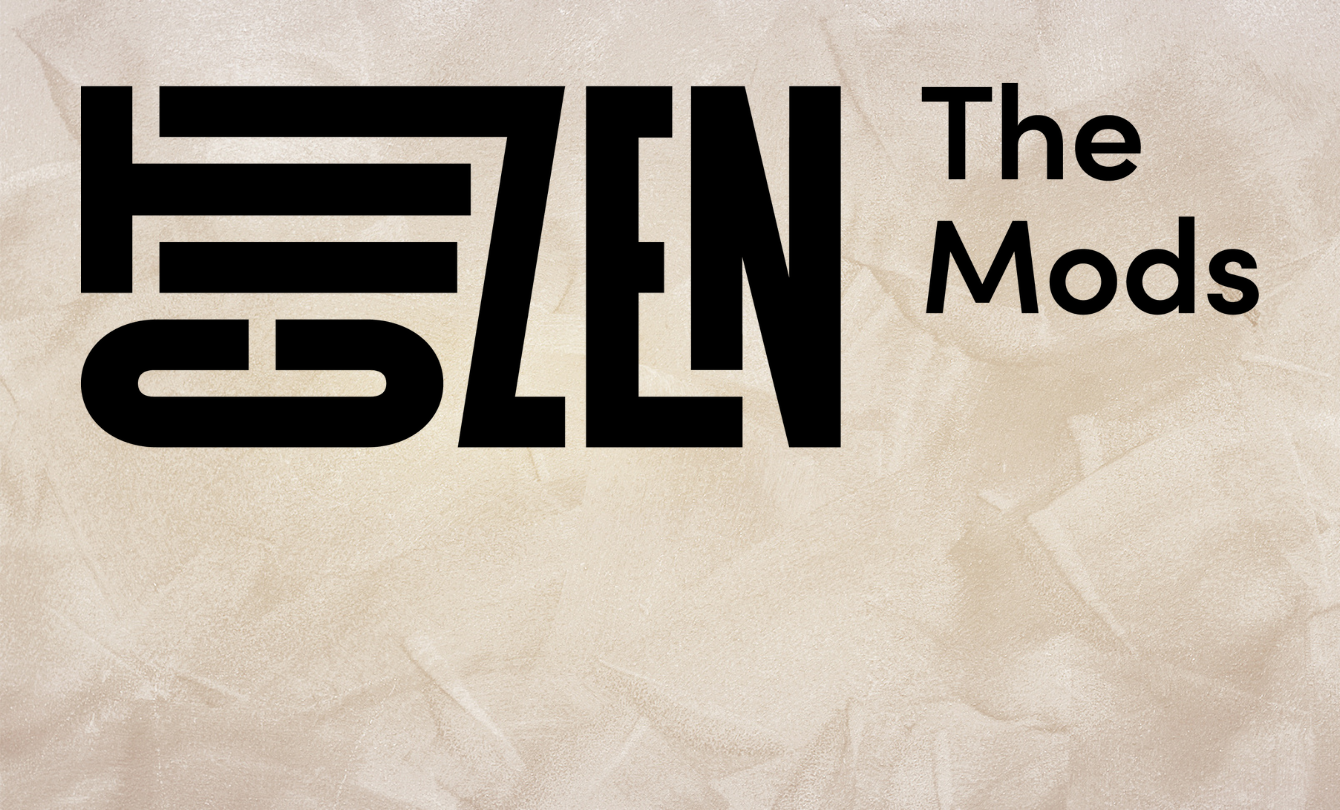Last year, Citizen Relations unveiled The Mods – the global communications agency’s first annual value awards. The awards recognize those Citizens who best embody the company’s core values:
- Set The Standard
- Do What’s Right
- Champion Equity
The winners won an all-expenses paid three days at any of the 10 Citizen offices across North America and Europe in addition to a donation to a non-profit organization of their choice.
Hear about our winner’s experience below as we gear up for the 2024 MODs!
Jordan Hernandez, Associate Director, Content Marketing (New York City)

Trip to: Vancouver
Non-Profit Organisation: Party With Purpose
During my second day as a Citizen in September 2022, I can remember sitting at lunch and brainstorming the idea of a Citizen value award. One of our leaders said “What if they get to spend a few days in a city where we have an office?” As a fresh employee the thought of this breezed right on by as I was focused on the new journey ahead of me. Never did I imagine that journey would include that exact trip that was once just a passing thought.
Citizen struck me as a company from the beginning of my time with the agency solely based on its values of ‘Champion Equity’, ‘Set the Standard’, and ‘Do What’s Right’. While I may not have articulated my personal values in that exact same way, they are ones that I strive to live by daily. Knowing that my co-workers, in less than a year of working together, saw this in me is the true prize. But adding on a trip to a new city never hurts 🙂 It means so much to me to make connections and really get to know my colleagues even if they are nearly 2,500 miles away. This trip allowed that.
Out of nine other Citizen offices, I chose to visit Vancouver, British Columbia. Truly, I do not know many people who have even been to Vancouver and I didn’t know much about the city before scouring TikTok to learn about all the hot spots in town. In our day to day it’s sometimes hard to imagine the impact our work and way of working could have across the continent, but spending time with Vancouver Citizens allowed me to truly feel the #OneCitizen love and our mission to produce great work globally. I am still feeling inspired from the knowledge and dedication I witnessed in the office and am bringing that spark back to NYC with me.
Vancouver is a beautiful city, one that I will now recommend to anyone I know looking to plan their next trip. After five days I enjoyed fresh sashimi, blindly went into climbing Grouse Grind (if you know, you know), ran along the Seawall, walked to lunch in a little rain, ate donuts, and just enjoyed the laid back nature of the city. I chose this location without knowing too much and left with such a love for it. Thank you Citizen and the city of Vancouver for an incredible experience. I will be back!
Annie Robitaille, Account Manager (Montreal)

Trip to: Los Angeles
Non-Profit Organisation: La rue des femmes
My MOD’s trip destination choice was an easy choice: there’s no place quite like LA! My trip to the LA office was an incredible experience filled with beautiful weather, amazing people, and a city that’s as dynamic as it is sprawling. Even though it was a short trip, I managed to soak in everything LA had to offer, making the most out of every moment!
One of the most rewarding aspects of my trip was visiting the LA office and meeting the team. Their innovative, passionate, and welcoming nature, combined with a laid-back West Coast attitude, made every interaction a joy. Witnessing their seamless collaboration and dedication firsthand was truly inspiring, and I’m eager to incorporate their work style into my own projects.
But it wasn’t all work and no play! LA’s cultural vibrancy is unmatched. From the iconic Hollywood sign to the serene beaches of Santa Monica and the over-the-top streets of Beverly Hills, I took every opportunity to explore. Every evening, I had so much fun testing out the best terraces and sipping on delicious Palomas. The local nightlife truly added an extra layer of enjoyment to the trip.
I can’t thank Citoyen enough for providing me with this fantastic opportunity. The LA team made me feel incredibly welcome, and their warmth and hospitality turned a work trip into a truly memorable adventure. Thank you all for making my time in LA so enriching and unforgettable. This experience will stay with me for years, and I’m already looking forward to the next visit!
Paige Caldeira, Senior Account Manager (London)

Trip to: Toronto
Non-Profit Organization: LaunchGood campaign for the MATW-Project
The most common conversation starter I had in Canada was ‘Why Canada?’ and even more frequently ‘Why Canada in the middle of Winter!?’. But despite temperatures being in double-digit minuses, I would still pick Canada in the winter in a heartbeat!
My MOD’s trip to Toronto was an unforgettable adventure filled with breathtaking landscapes, wonderful people and a city that’s so culturally vibrant, with so many things going on, I was constantly at a loss as to how I would fit everything in on my bucket list in such a short trip! Visiting the Toronto office and meeting new Citizen colleagues, gaining insights into the wonderful world of Molson (thanks for the merch!), was just the cherry on top of this MODs trip. The Toronto team is a dream team, seriously! It was great to be an outsider looking into such a well-oiled machine and seeing their passion for excellence and teamwork! Let’s not forget their buzzing weekly status’ and being put in the hot seat… I promise adult fun-houses are a thing in the UK! You all made me feel so welcome and brought all the vibes.
I want to extend my heartfelt gratitude to Citizen for providing me with this incredible MODS opportunity and giving me the chance to explore and discover the beauty of Canada, along with meeting so many incredible people in the Toronto office. I want to thank you all so much for making me feel so welcome, included and heard in the Toronto office and for making my office experience (and social!) super special. I couldn’t have asked for a better experience and it is one that I’ll remember for the rest of my career!
